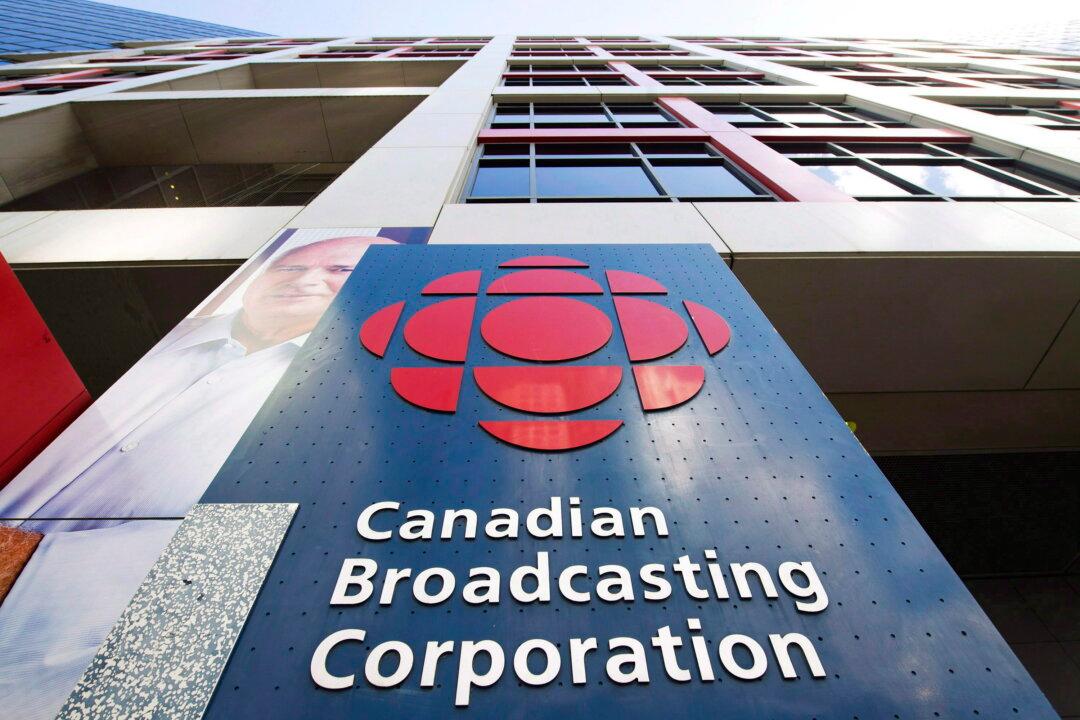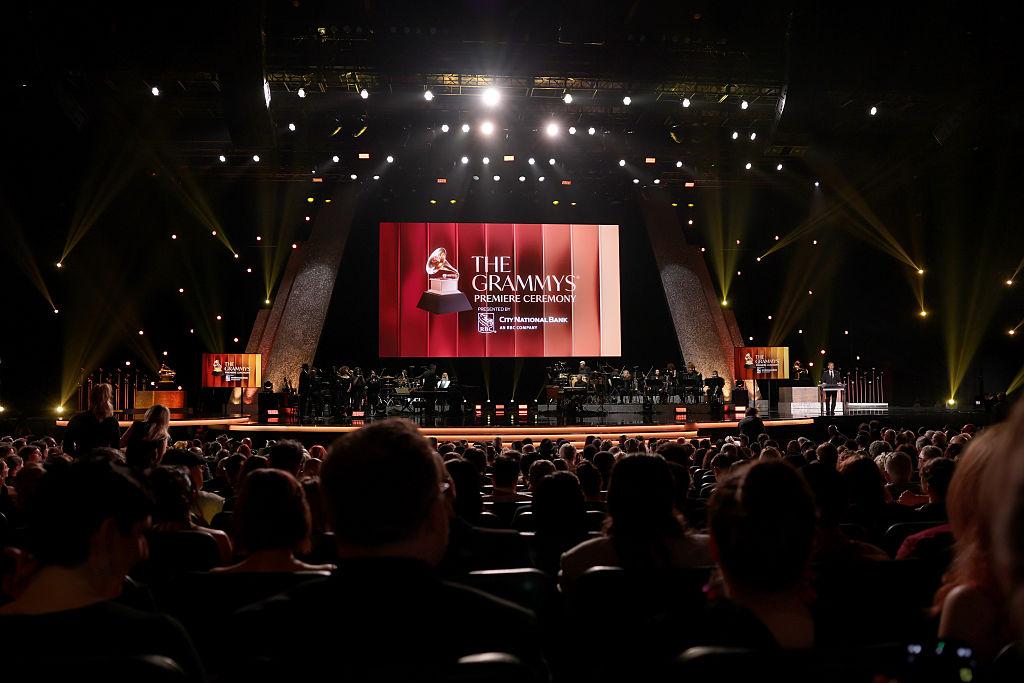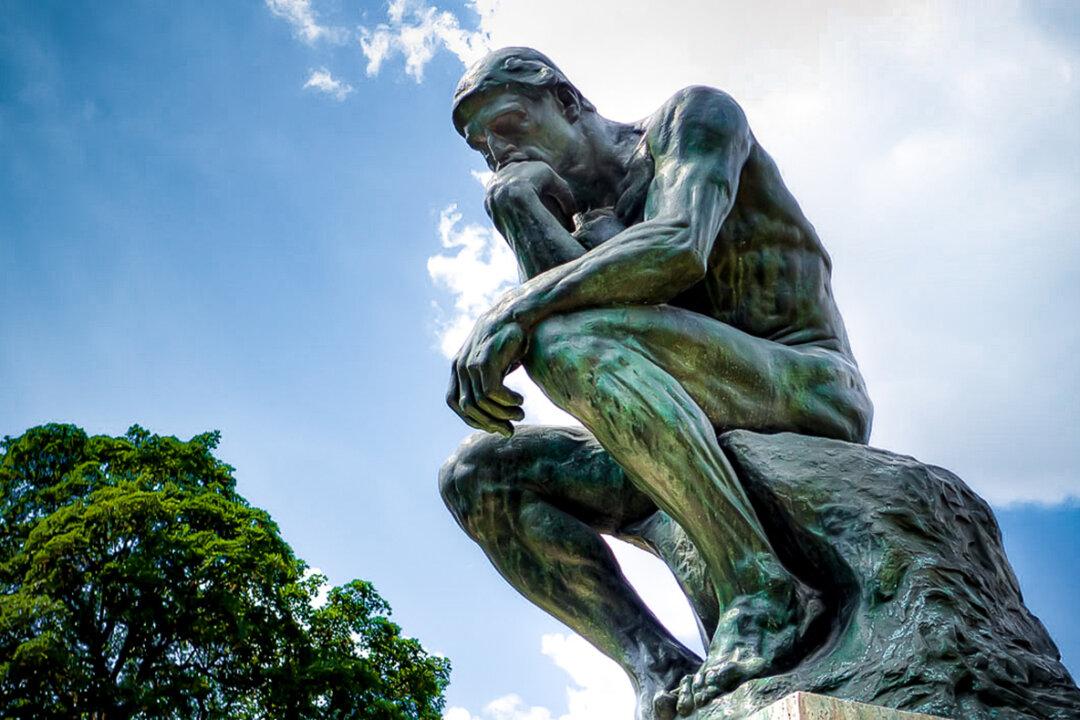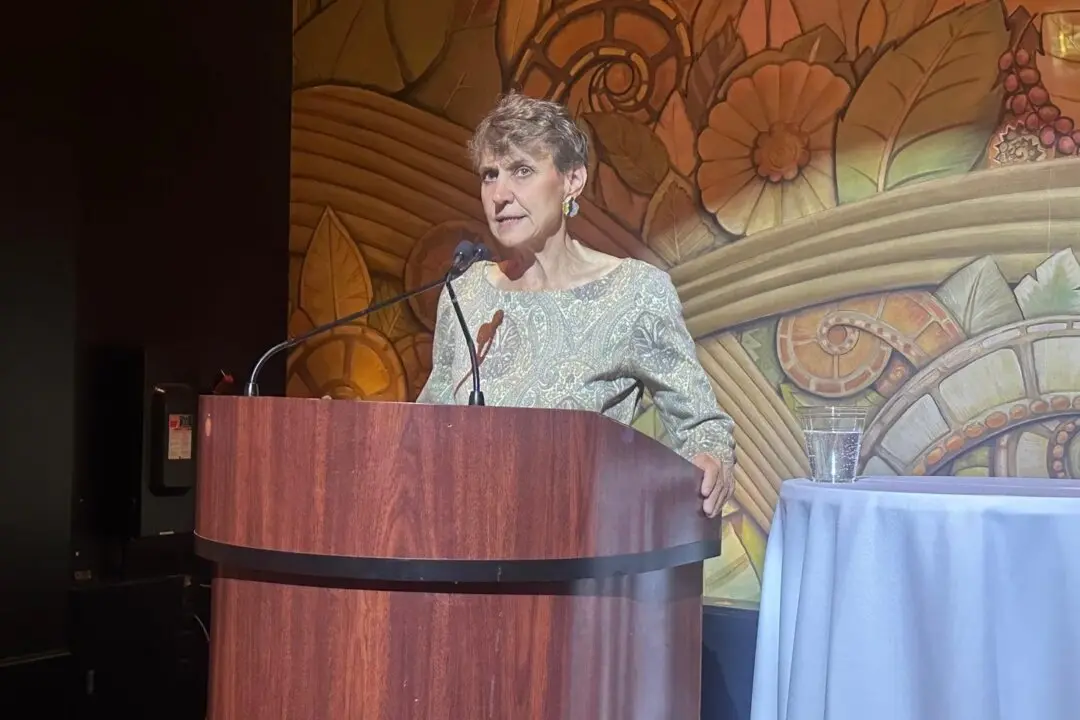Commentary
I used to be a fan of CBC radio. I remember fondly the dulcet tones of Peter Gzowski and “This Country in The Morning,” a program originally hosted by the equally congenial Don Harron and his alter ego, the irascible Canadian everyman Charlie Farquharson. The show was accurately touted as “Canada’s living room.”





